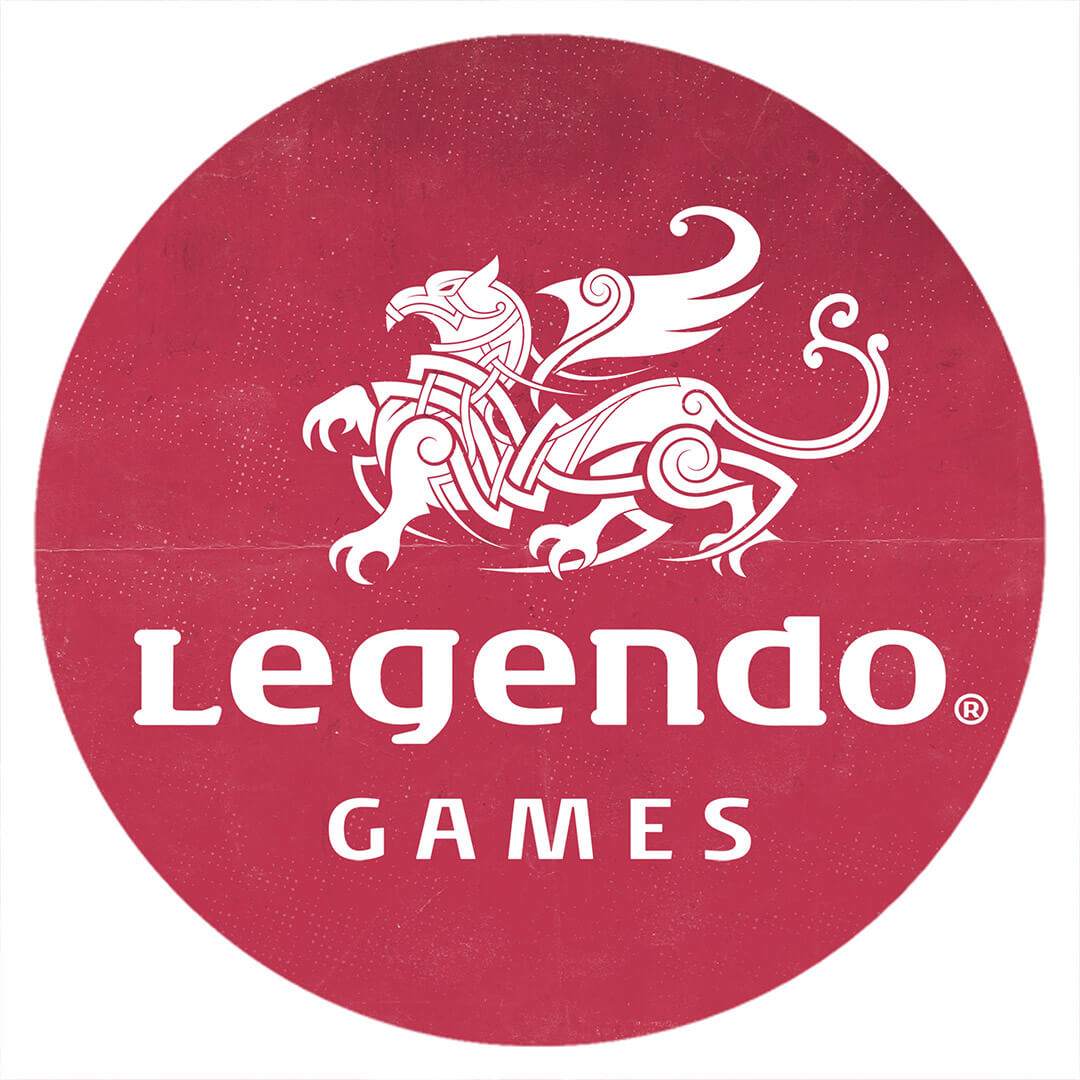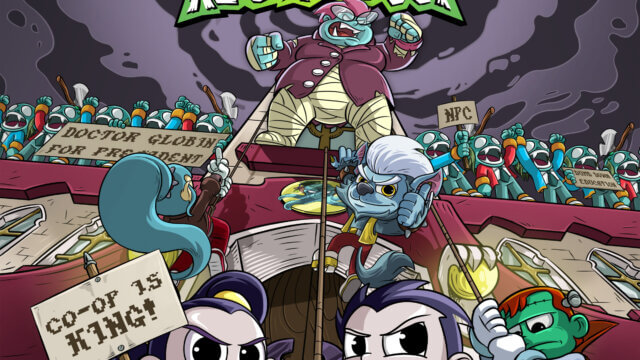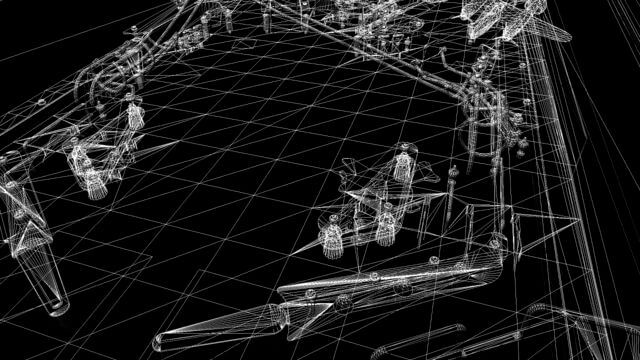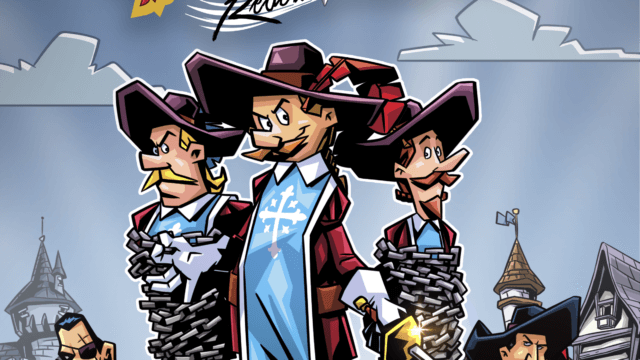jobs
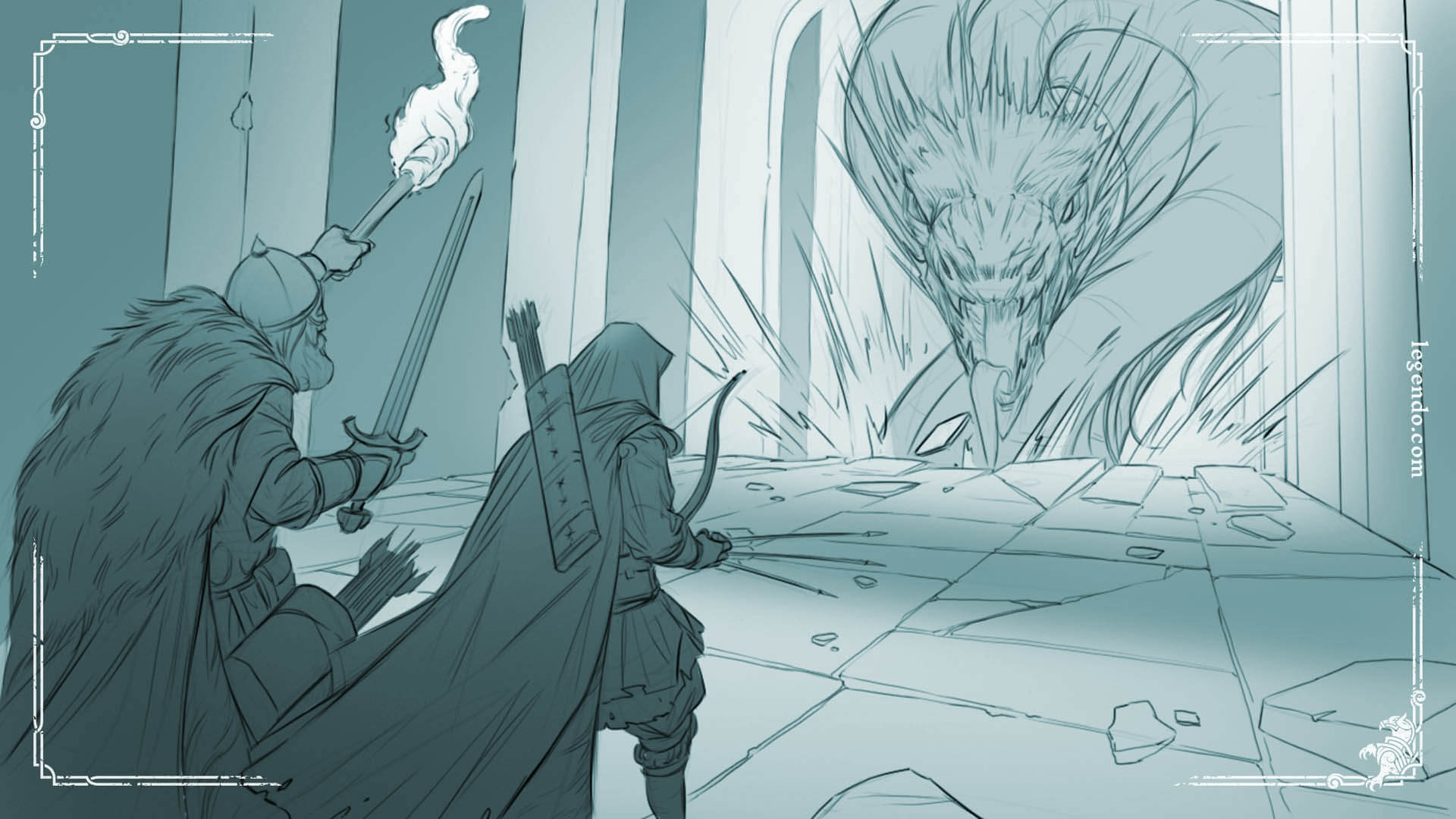
You Want To Be A Game Developer?
Our remote development enclaves comprise exceptional talent driven by a shared passion for creating. Legendo is always looking for experienced C++ engineers and other talented individuals (if you do not have prior game programming experience, read on!)
Game development and animated entertainment take a long time and involve many crafts and disciplines to carry out the enormous variety of tasks required. A creative project, especially a video game, is almost impossible to plan accurately. Changes get made that continuously steer the direction of any creative project as it takes on a spirit of its own.
So, You Want To Be An Engine Or Gameplay Programmer?
We advise aspiring game programmers to learn C++ and old-school Assembler. To become an engine programmer, you must understand low-level detail work — converting back catalog 32-bit Windows projects to 64-bit is a great learning process, as is writing an engine in 2D without using third-party libraries.
3D rendering requires complex mathematical knowledge, and some might think that “borrowing” a shader instead of writing one from scratch is rendering programming. It is not — do the work.
Never give up, start small, and keep pushing the boundaries of what you can do. Fresh and veteran developers alike often want to work on great AAA games or try to create the next internet phenomenon. However, any person will quickly be overwhelmed and lose motivation if the bar is too high. Instead, set incrementally complex goals — step by step — and take time to reflect on previous work — you may often laugh at how you did something the first time. Starting with a Tetris clone is not a bad idea, especially if created with your own engine.
Jack Of All Programming Is Not A Bad Thing
Do not specialize; a general understanding of game development is beneficial. Work on rendering, engine architecture, basic gameplay logic, physics, collision, and third party audio tools. Take time to understand how you want to work and how others can cooperate with you. This will force you to think of the entire game development process.
A Game Project Does Not End When Released
Lastly, keep in mind games are more like services than products. This means work does not stop when a game launches — even mildly successful indie titles require patches and “community support” for months and sometimes even years after launch.
Head back to Legendo’s available positions.
